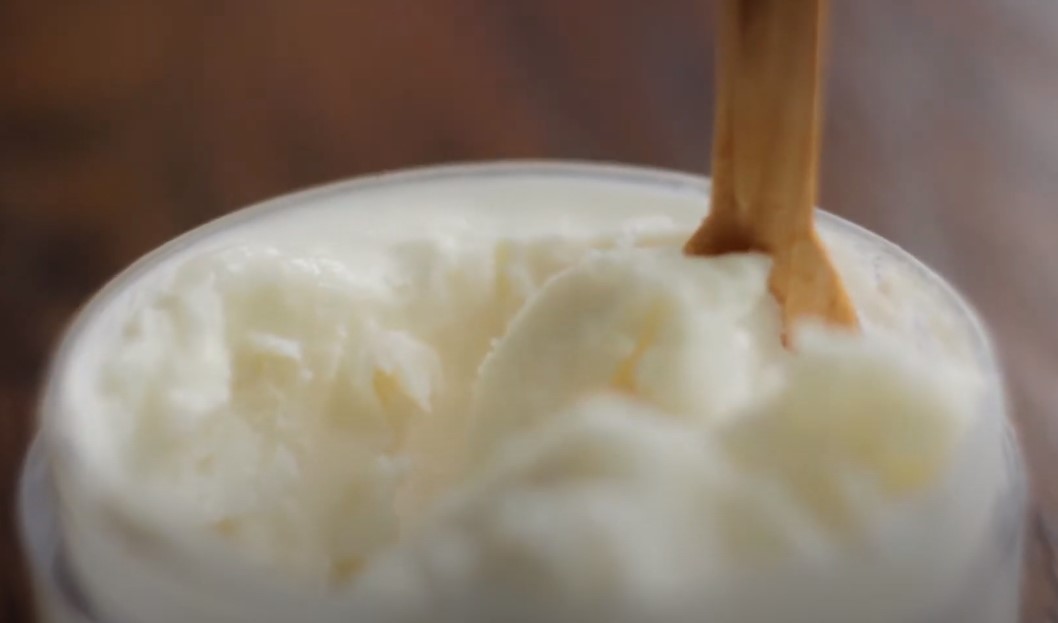You know that buttery goodness you usually slather on your skin? Well, it turns out, shea butter isn’t just a skin savior. It’s a powerhouse when added to your diet as well.
Shea butter, extracted from the nuts of the shea tree (Vitellaria paradoxa) native to Africa, has been a staple in African cuisine for centuries.
Let’s break down the delicious and nutritious benefits of adding this creamy fat to your meals.
Nutritional Composition
- Fatty Acids: Mostly stearic and oleic acids.
- Vitamins: A, E, and F.
- Antioxidants: Includes catechins.
- Other Compounds: Triterpene alcohols, known for their anti-inflammatory properties.
Health Benefits of Eating Shea Butter
Alright, let’s get into the juicy details of why you should consider munching on some shea butter.
Anti-inflammatory Properties
Shea butter contains triterpenes, which can help reduce inflammation. This is particularly useful for those dealing with arthritis or general inflammation in the body.
Think of it as a natural way to calm those aches and pains.
This research underscores the traditional use of shea butter in reducing inflammation and oxidative stress.
Antioxidant Effects
Loaded with vitamins A and E, shea butter is a champion at combating oxidative stress.
This means it helps protect your cells from damage caused by free radicals, potentially reducing the risk of chronic diseases and keeping you healthier in the long run.
Improved Heart Health

The fatty acids in shea butter, especially oleic acid, are great for heart health. They help manage cholesterol levels by lowering the bad cholesterol (LDL) and boosting the good cholesterol (HDL).
So, a little shea butter in your diet might just keep your ticker in top shape.
Skin Health from Within
We all know how good shea butter is for our skin when applied topically, but eating it can also provide nourishment from the inside out. It hydrates and supplies essential nutrients that maintain skin elasticity and appearance.
- Nutrient-Rich: Shea butter is packed with vitamins A, E, and F, which are crucial for maintaining skin health and elasticity. These vitamins help in collagen production, reducing wrinkles and improving skin texture.
- Healthy Fats: The fatty acids in shea butter, such as oleic, stearic, and linoleic acids, help in maintaining the skin’s moisture barrier, preventing dryness and enhancing skin hydration.
- Anti-Inflammatory Properties: Consuming shea butter may help reduce inflammation in the body, which can positively affect skin conditions like eczema and psoriasis.
- Cardiovascular Health: Research suggests that cooking with shea butter can be associated with lower blood pressure and improved heart health, thanks to its healthy fat content.
- Antioxidant Effects: The antioxidants in shea butter, such as catechins, protect the skin from oxidative stress and free radical damage, which are primary causes of aging.
Digestive Health

Shea butter’s fatty acids can soothe the digestive tract and reduce inflammation. This can be particularly helpful for conditions like irritable bowel syndrome (IBS). Think of it as a gentle balm for your insides.
SCFAs are known to support the integrity of the gut barrier, promote mucus production, and regulate inflammation.
By enhancing gut barrier function and reducing inflammation, these fatty acids can significantly improve overall digestive health.
How to Consume Shea Butter

Now that we know why shea butter is great, let’s talk about how to get it into your diet without feeling like you’re eating your lotion.
Cooking
Use shea butter as a substitute for other fats like butter or oil. It’s commonly used in traditional African recipes and adds a rich, creamy texture to dishes. Imagine it melting over your veggies or adding depth to your stews.
Smoothies and Spreads
A small amount in smoothies can add a rich, nutty flavor. You can also use it as a spread, much like you would with peanut or almond butter. It’s a simple way to incorporate its benefits without much hassle.
Safety and Precautions

While shea butter is beneficial, there are a few things to keep in mind to ensure you’re consuming it safely.
Quality
Always go for high-quality, preferably raw and unrefined shea butter. This ensures it retains its beneficial properties without harmful additives. Think of it like choosing organic produce over processed junk.
Moderation
Due to its high-fat content, moderation is key. You don’t want to overdo it and end up with excessive calorie intake. A little bit goes a long way.
Allergies
Some people might be allergic to shea butter. It’s smart to try a small amount first and watch for any adverse reactions. No one wants an unexpected trip to the ER.
Wrapping It Up
Adding shea butter into your diet can be a game-changer for your health. Even Mexican Gorditas de Nata feel like a restaurant-quality dish when you add shea butter. From reducing inflammation and boosting heart health to enhancing your skin from the inside out, its benefits are hard to ignore.
Just remember to choose quality products, consume in moderation, and check for allergies. Next time you’re thinking about adding a little something extra to your meals, reach for that jar of shea butter.

